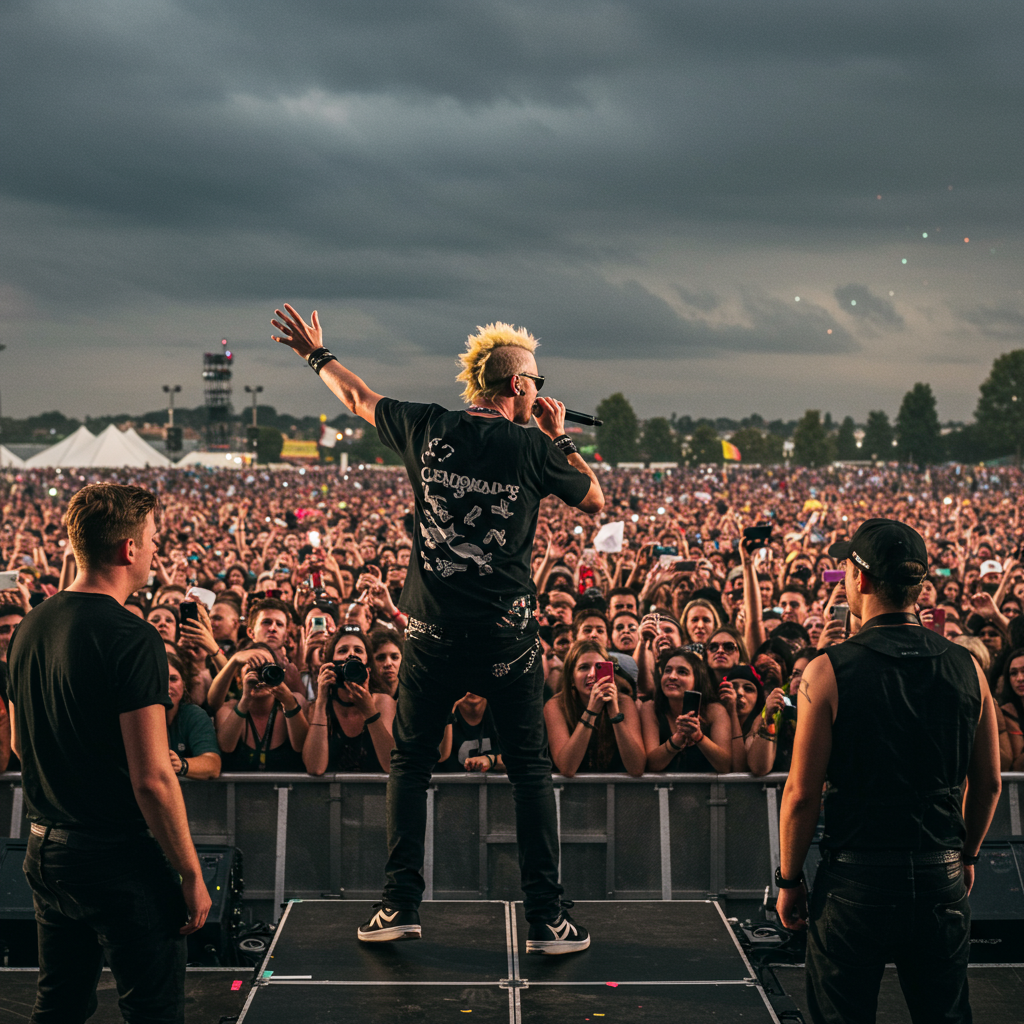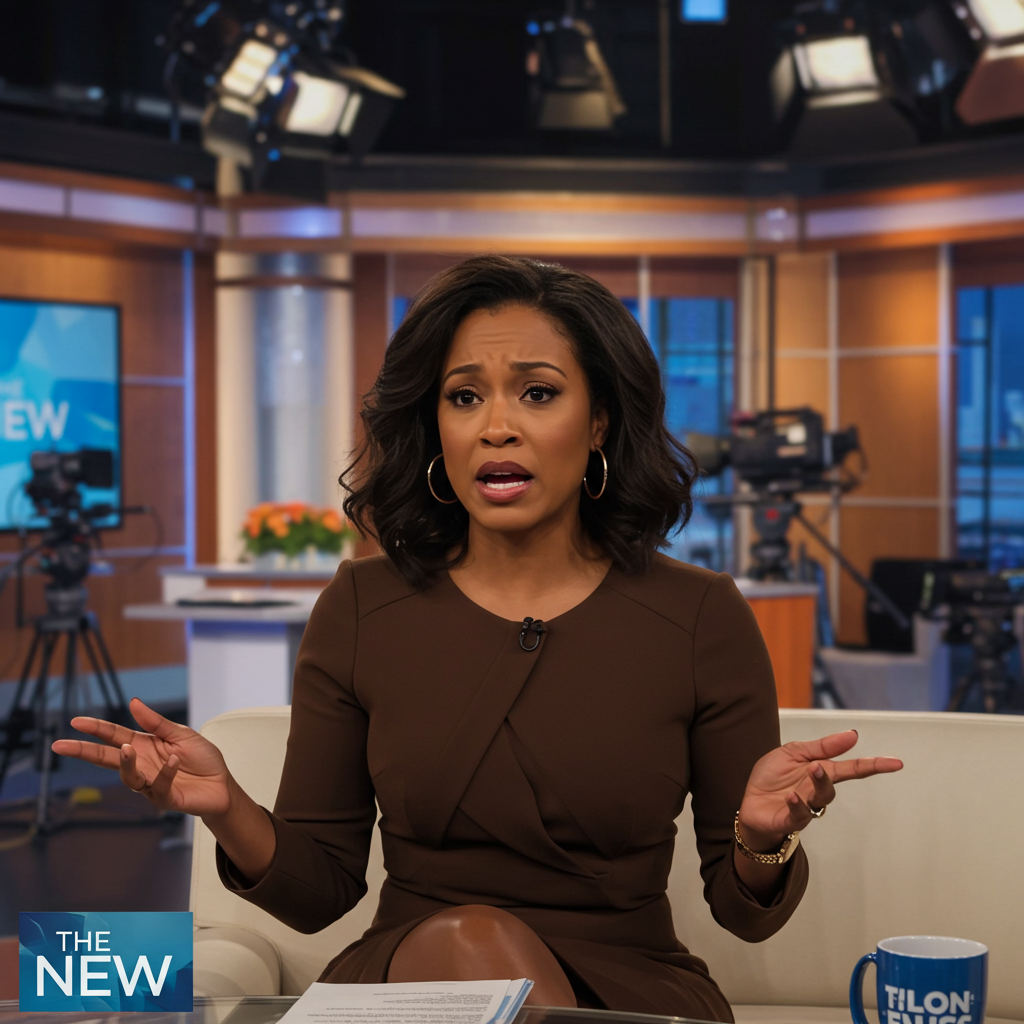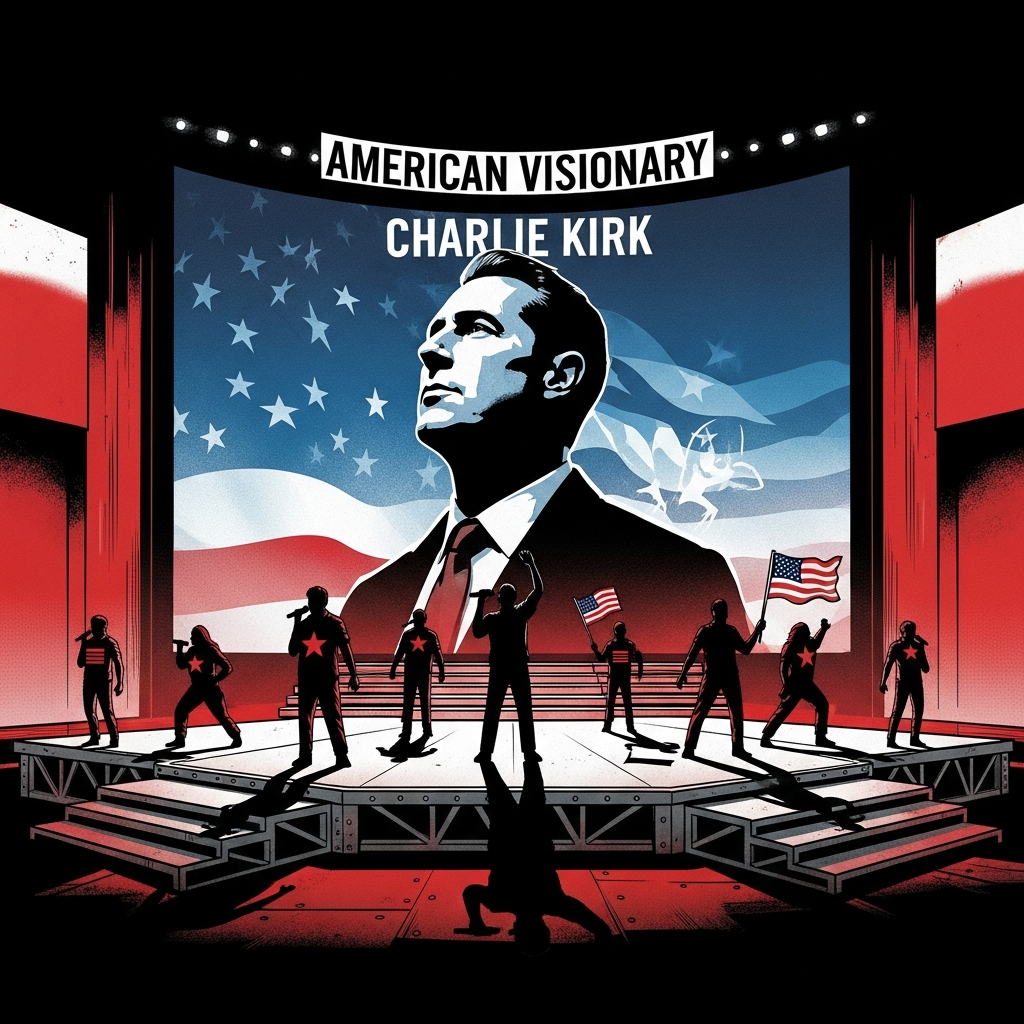glastonbury, UK – A wave of controversy has engulfed the UK’s largest music festival following performances by rap-punk duo Bob Vylan and hip-hop trio Kneecap. comments and chants made on stage addressing the conflict in Gaza have prompted an official police assessment and drawn sharp criticism from organizers, politicians, and the Israeli Embassy in London. The incident highlights the complex tensions between artistic expression and concerns over hate speech at major public events.
Controversy Ignites at Glastonbury
The focal point of the dispute emerged during Bob Vylan’s set on the festival’s third-biggest West Holts Stage. On Saturday, frontman Bobby Vylan initiated calls of “Free, free Palestine” before escalating to leading the audience in chants directly targeting the Israeli military. Disturbing video footage captured the rapper shouting into the microphone, “Alright, but have you heard this one though? death, death to the IDF (Israel Defense Forces).”
The performance unfolded against a backdrop displaying a pointed message: “United Nations have called it a genocide. The BBC calls it a ‘conflict.’” This message referenced the differing language used by the UK’s public broadcaster, which was televising the festival live.
Official Reactions Mount Swiftly
The remarks immediately triggered strong condemnation. The Israeli Embassy in the UK publicly stated it was “deeply disturbed” by what it termed “inflammatory and hateful rhetoric.” The Embassy expressed serious concerns that chants like “Death to the IDF” in front of tens of thousands of attendees risked normalizing extremist language and glorifying violence. They urged Glastonbury Festival organizers, performing artists, and UK public figures to denounce the rhetoric and reject all forms of hatred.
Glastonbury Festival organizers responded rapidly, issuing a statement declaring they were “appalled” by Vylan’s comments. They asserted that the chants had “very much crossed a line.” Organizers reiterated an urgent message to everyone involved in the festival’s production: “there is no place at Glastonbury for antisemitism, hate speech or incitement to violence.” While the festival hosts nearly 4,000 performances and cannot endorse every artist’s view, they specifically condemned the nature of these remarks.
The BBC, which broadcast the set live, also acknowledged the severity of the comments. A BBC spokesperson described some of Vylan’s statements as “deeply offensive.” During the live stream on BBC iPlayer, an on-screen warning about “very strong and discriminatory language” was displayed. The broadcaster later confirmed it had no plans to make the full Bob Vylan performance available for on-demand viewing.
Political Figures Weigh In
The controversy quickly entered the political arena. UK Health Secretary Wes Streeting described the performance as “appalling” in a Sunday morning interview. He argued that wishing death on others doesn’t resolve conflicts and drew a parallel to victims of the October 7th attack at a music festival in Israel. Streeting stated that “all life is precious” and dismissed such acts as “stunts.” He agreed with the Israeli Embassy’s concerns but also suggested the embassy should “get its own house in order” regarding Palestinian deaths. Streeting concluded that both the BBC and Glastonbury had “questions to answer.”
Culture Secretary Lisa Nandy also took action. A government spokesperson confirmed Nandy had spoken to the BBC director-general, Tim Davie, seeking an “urgent explanation” regarding the due diligence performed before broadcasting the act. The government welcomed the BBC’s decision not to feature the performance on iPlayer. Conservative leader Kemi Badenoch labelled the scenes “grotesque,” asserting that “glorifying violence against Jews isn’t edgy” but rather “incitement.”
Police Launch Assessment
In response to the on-stage comments, Avon and Somerset Police, the force covering the area where Glastonbury is held, confirmed they are reviewing the incidents. Police stated they are “aware of the comments made by acts” and that video evidence will be “assessed by officers to determine whether any offences may have been committed that would require a criminal investigation.” This assessment process is now underway, focusing specifically on the footage from the West Holts Stage.
Kneecap’s Performance Adds Layers
The controversy was further complicated by the performance of Irish-language hip-hop trio Kneecap. The group had faced criticism and calls for their removal from the lineup even before the festival began. This was partly due to member Liam O’Hanna (known as Mo Chara) facing a terrorism charge. He was charged last month following a Metropolitan Police investigation into an alleged display of a Hezbollah flag at a London gig in November 2024. O’Hanna has denied the charge. UK Prime Minister Keir Starmer had previously stated he did not think it was “appropriate” for the group to perform.
Kneecap has been outspoken critics of Israel’s actions in Gaza, though they have previously denied supporting Hamas or Hezbollah. During their Glastonbury set, Mo Chara told the crowd recent events had been “stressful” but nothing compared to “what the Palestinian people are going through.” Another member, Naoise O Caireallain (Móglaí Bap), directly addressed Starmer’s comments, telling the audience, “The Prime Minister of your country, not mine, said he didn’t want us to play, so fk Keir Starmer.” O Caireallain also made a comment about starting a “riot” outside courts concerning his bandmate’s case, which he quickly clarified to mean “love and support” and “support for Palestine.”
While Kneecap’s comments were largely focused on criticism of Israel’s actions and political figures, Bob Vylan’s chant calling for “Death to the IDF” drew a distinct line in terms of the specific nature of the language used, leading to more direct official condemnation and police review regarding potential incitement.
Broader Context and Festival Stance
Glastonbury is renowned for its scale, hosting approximately 200,000 attendees and featuring nearly 4,000 acts across 120 stages. The festival has historically served as a platform for diverse viewpoints and political expression. Organizer Emily Eavis defended hosting Kneecap by emphasizing the festival’s role as a global platform. However, the specific condemnation of Bob Vylan’s remarks highlights the organizers’ view that calls for death crossed a threshold distinct from general political protest or criticism. The festival’s statement maintaining that it stands “against all forms of war and terrorism” reflects an attempt to navigate the complexities of the situation. Other artists, including Nilufer Yanya and Jade Thirlwall, also reportedly voiced support for Palestine during their sets, indicating the prevalence of these political discussions at the event.
The controversy unfolds against the backdrop of the ongoing conflict stemming from the October 7, 2023 attacks by Hamas on Israel and Israel’s subsequent military response in Gaza, which has resulted in a high death toll and widespread destruction.
Industry and Campaigner Responses
Beyond official bodies, the incidents have also provoked reactions from industry observers and campaigning groups. The Campaign Against Antisemitism group criticized Glastonbury, stating it had “continued its headlong descent into a pit of extremism and hatred.” They also announced plans to formally complain to the BBC about broadcasting both Bob Vylan and Kneecap, noting that the BBC had previously edited Kneecap’s set for iPlayer due to editorial concerns.
Former BBC Director of Television Danny Cohen commented that the “Death to the IDF” chant constituted “incitement to violence” and suggested the situation could have been anticipated and prevented by the BBC. A spokesman for Labour Friends of Israel called the chants “disgusting,” arguing they revealed the true goal of extremists was “death and destruction.”
Frequently Asked Questions
What specific comments caused the controversy at Glastonbury?
The primary controversy stemmed from the band Bob Vylan, whose frontman Bobby Vylan led the crowd in chants including “Death, death to the IDF” (Israel Defense Forces). The Irish hip-hop trio Kneecap also drew attention for their pro-Palestine comments, criticism of UK politicians, and a remark about potentially starting a “riot” (later clarified) in support of a bandmate facing a legal charge.
How are authorities responding to the Glastonbury incidents?
Avon and Somerset Police have confirmed they are aware of the comments made on stage and are reviewing video evidence from the performances. This assessment aims to determine if any criminal offenses, such as incitement to violence or hate speech, may have occurred, which could potentially lead to a formal investigation.
What is the broader context of the controversy surrounding artists like Kneecap?
Kneecap has faced prior scrutiny, including a terrorism charge against member Mo Chara related to an alleged display of a Hezbollah flag at a previous gig. They have also criticized UK political figures. The festival’s decision to allow them to perform despite this, while condemning specific comments from Bob Vylan, highlights the complex balance Glastonbury seeks between providing a platform for artists and managing concerns over potentially unlawful or harmful speech.
Conclusion
The events at Glastonbury this year, particularly the chants led by Bob Vylan and comments from Kneecap, have ignited a significant row involving artistic expression, political commentary, and allegations of hate speech. The swift and strong reactions from Glastonbury organizers, the Israeli Embassy, UK politicians, and the BBC underscore the sensitivity surrounding discussions of the Israel-Gaza conflict in public forums. With Avon and Somerset Police now reviewing footage to assess potential criminal offenses, the fallout from these controversial performances is likely to continue, raising important questions for major events about managing political expression on stage.
Word Count Check: 1120 words



